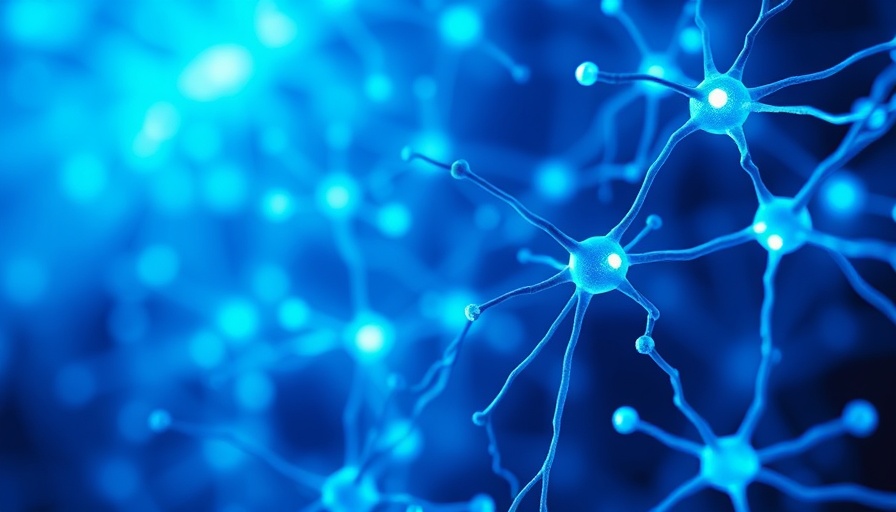
Understanding the Breakthrough: Personalized ALS Models
A fast-moving neurodegenerative illness, Amyotrophic lateral sclerosis (ALS) leaves us wanting effective therapeutic options. In this pioneering study, researchers from Keio University in Japan have unveiled a remarkable leap forward in personalized care for ALS patients. By developing a technique to derive motor neurons from the stem cells of ALS patients, they have opened new avenues for individualized drug testing. This innovative approach was recently detailed in Stem Cell Reports, showcasing how patient-derived cells better mimic the actual disease environment in the lab, presenting a critical tool for rapid progress in treatment discovery.
Speed and Precision: Innovating ALS Research
The research team, led by Hideyuki Okano, overcame significant challenges related to time by optimizing a process that produces mature motor neurons in merely two weeks. This swift turnaround time is crucial in the race against ALS's rapid progression. What's striking is that these ALS-derived neurons showed higher vulnerability to cell death than their healthy counterparts, making the model indispensable for identifying drugs that could stave off this neural demise.
Automating Analysis: The Role of Technology
In collaboration with technology giant Nikon, the researchers have integrated specialized software to monitor neuron survival. This software allows for high-throughput screenings, which are essential in evaluating numerous potential treatments efficiently. Such advancements in automation are vital in testing drug responses for sporadic ALS patients, thereby tailoring treatments to align with individual patient responses as observed in Morimoto's previous studies.
Future Implications for Patient-Centered Care
With these developments, there's an optimistic outlook on prolonging survival and enhancing life quality for ALS patients. This lab-based model fast-tracks the identification of personalized therapies, making it possible to combat the disease more effectively. This approach highlights how swiftly science can pivot to offer hope and a new lease on life for those battling such a relentless disease.
The Evolution of ALS Stem Cell Research
Historically, efforts in ALS research have faced numerous setbacks due to the complexity of the disease. Traditional models often fell short in replicating human-specific disease characteristics. The development of patient-specific stem cell technologies marks a pivotal shift, offering a more accurate depiction of disease progression. This shift not only accelerates our grasp of ALS pathology but also thrusts forward the pace at which we can develop and test new drugs.
 Add Row
Add Row  Add
Add 






Write A Comment